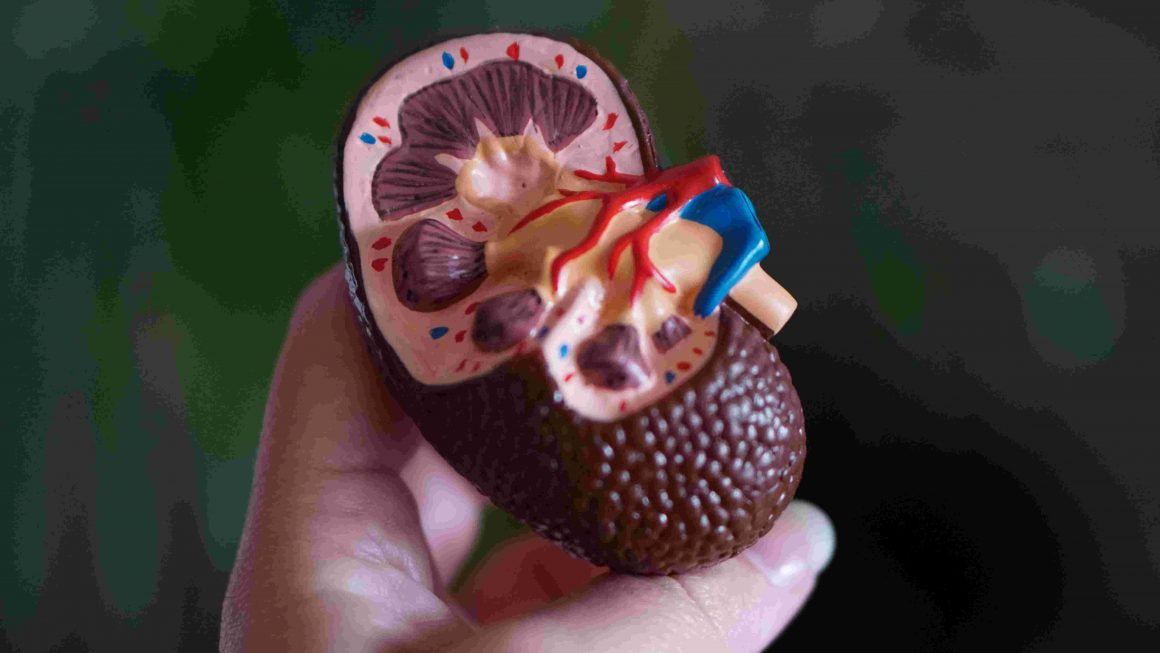So, you’ve been diagnosed with kidney failure and have begun dialysis. Besides your finances, other major areas in your life would take a hit. Your mental health, nutrition, and social life will, in many ways, be altered.
The good news is there are proven ways with which you can still lead a normal life, or at the very least, a semblance of it. Kidney failure does not have to spell the end of the road for you.
Many dialysis patients have successfully returned to their lives and families to carry on with their affairs and you can too. The frequent treatments merely become a new normal which you will adjust to with time.
However, there’s no denying the fact that it can be a scary experience and most people struggle. A good step to take is asking your doctor or healthcare worker for help, advice, recommendations, basically, anything that will help you cope better.
As qualified, licensed practitioners, we must inform and educate our readers on the side effects of living with kidney failure – this is hardly talked about. In this post, we shed light on the options open to you after a kidney failure diagnosis, what life may be afterward, and how to best manage your circumstances to lead a full life.
Your options:
Thankfully, kidney failure is a medical condition that allows a measure of flexibility in treatment and management. Generally speaking, there are several options open to you, however, your doctor will present you with only the ones he thinks are best for your particular situation from his professional point of view. The general options are:
Hemodialysis in a hospital:
This option requires the supervision of medical staff and transportation for you to your hospital at least three times a week, 4-5 hours each time.
Hemodialysis at home:
This option is less disruptive to your accustomed style of living. It affords flexibility. It lets you make more fluid exchanges each week, which will help you feel better.
You can choose to do the exchange at night, while you sleep, using APD (Automated Peritoneal Dialysis) or make four fluid exchanges per day using CAPD (Continuous Ambulatory Peritoneal Dialysis). Both options can fit well into your everyday life.
Kidney transplant:
This is a surgical procedure that involves the replacement of a dying kidney with a healthy one gotten from a suitable donor, either dead or alive.
When opting for an option, consider how each one would affect key areas of your lifestyle. You may wish to consult with family and close friends before you make a decision. They would be on-hand to help you with whatever you need, so you may wish to include them in your decision-making process.
Factors to consider
1. Your mental health:
Every health problem is a cause for concern and kidney failure is no exception. After the commencement of your treatment or surgery, you may feel fear, anxiety, or depression in the early stages and that’s OK.
These are perfectly normal feelings. Your next steps should include asking for help from a doctor, a psychologist, a healthcare professional, a therapist, friends, or family. The important thing is to speak out and not stay silent when these feelings come.
Getting involved in your routine pre-diagnosis, staying active with family life, joining a support group with other people who have kidney-related problems can help you adjust and improve your mental wellbeing.
2. Your nutrition:
The kidneys are responsible for the excretion of some waste in the body, particularly, waste in the form of fluids. When there’s a kidney failure, dietary and nutritional measures have to be put in place to regulate the amount of waste that accumulates in the body before treatment.
Your dietary needs will most likely be nothing like what you have been used to pre-diagnosis. Adjusting to the nutrition chart given to you may prove a difficult process emotionally.
The important thing to remember is that eating a healthy diet is necessary for your treatments to be effective. If you’ve just had a transplant and are living on only one kidney, remember that to keep your transplanted kidney healthy, you must maintain healthy body weight. Let the thought of your health improvement prevent you from ingesting what you shouldn’t or feeling bad for yourself.
3. Your social life:
After your kidney transplant surgery or during dialysis, your social life need not suffer. You may need to speak with your doctor about the details of certain activities like travelling.
However, most social activities can still be done. If you opted for hemodialysis at home, you get even more flexibility. You will find that, at the very least, you can maintain a semblance of the life you are accustomed to. The important thing to remember is to check with your doctor when you’re unsure about anything.
Finally, getting diagnosed with kidney failure is not the end of the world. Many patients go on to live for as much as 10 years, on average, with dialysis. If you need help on a specific concern, feel free to call or write to us. Someone from our team of licensed practitioners will be in touch.











